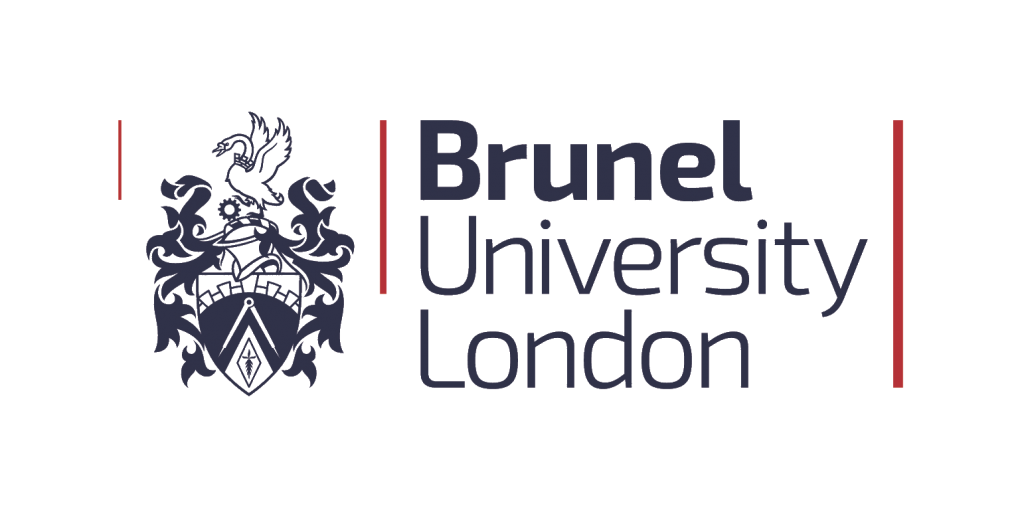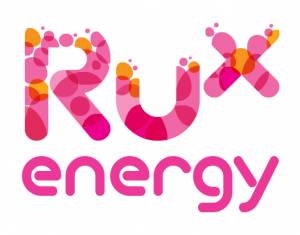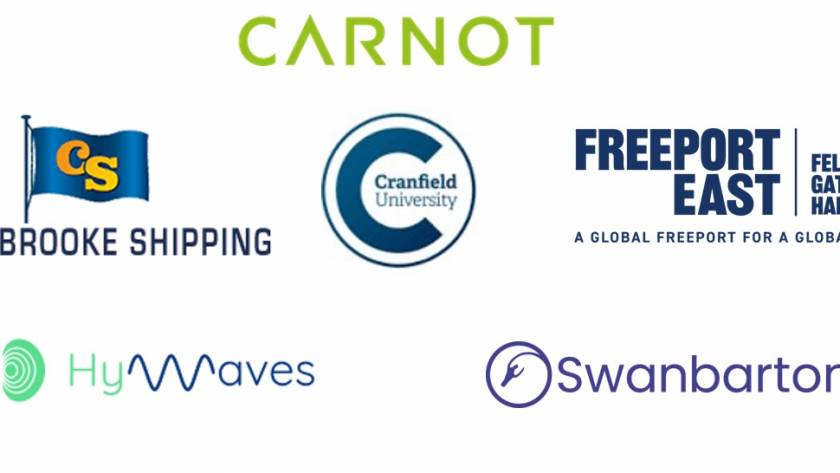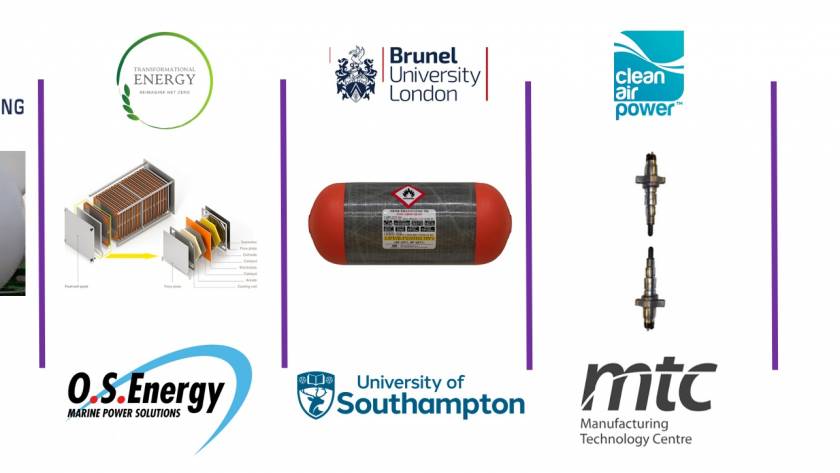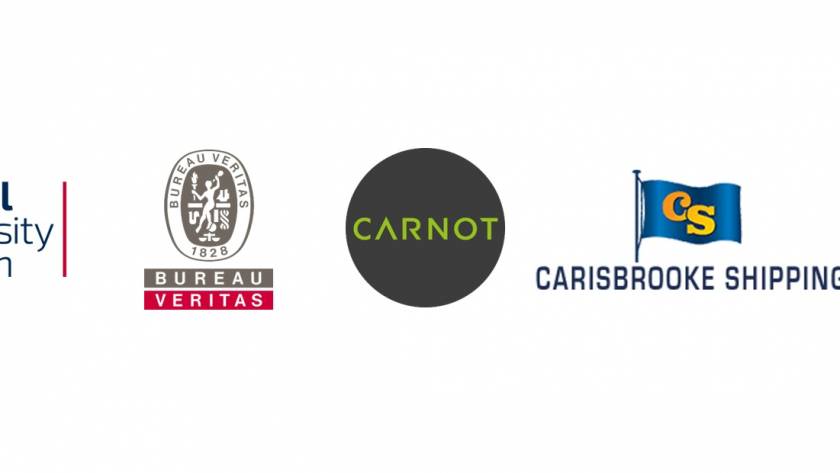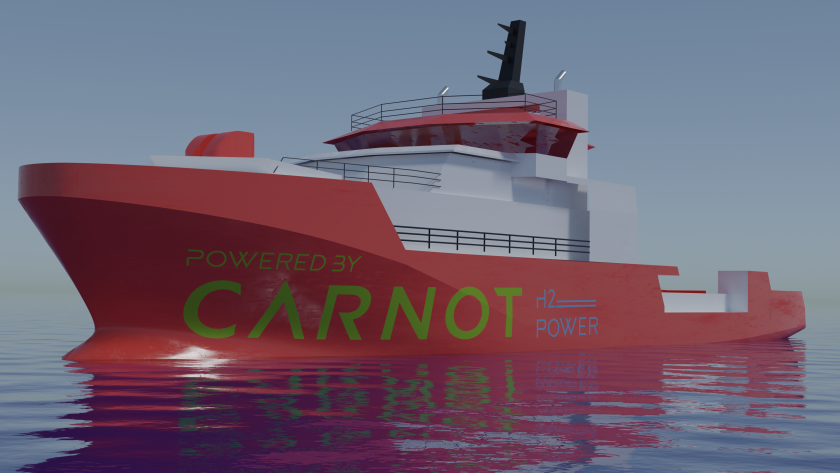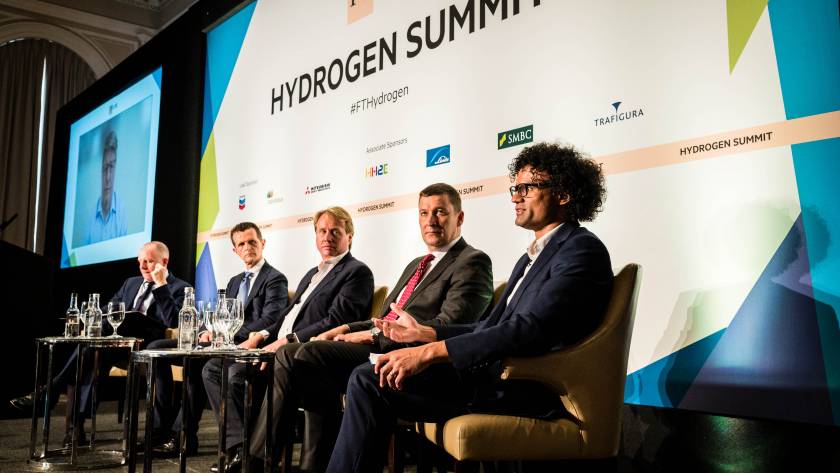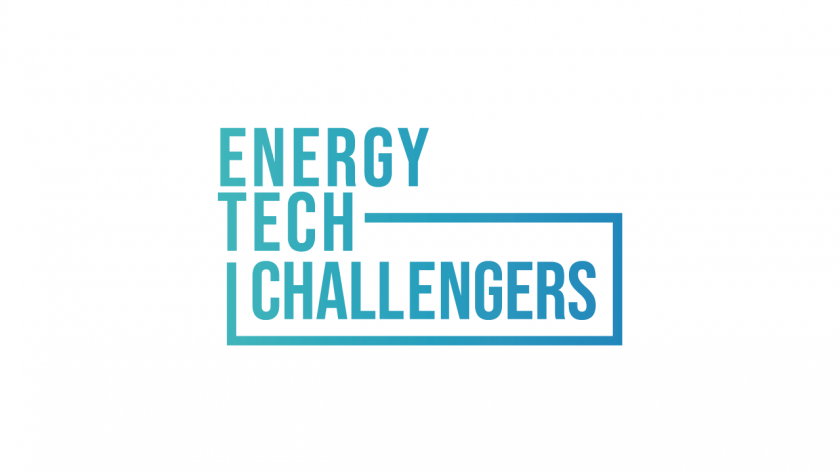Skip to content
Skip to sidebar
Skip to footer
Carnot is leading a £3m grant to decarbonise the largest source of in-port greenhouse gas emissions with a novel Cold Ironing Solution.
When in Port, most vessels use diesel generators to power onboard operations. Globally, this produces around 35Mt of CO2e generated per year and accounts for roughly 60% of total port emissions. This project…
Carnot is leading a consortium which has successfully won a £2.1m grant to decarbonise maritime power using Ammonia fuel.
This grant, part of the Clean Maritime Demonstration Competition delivered by Innovate UK, will develop a novel liquid Ammonia engine concept, delivering unrivalled efficiency whilst eliminating emissions from maritime power. We will be targeting heavy-duty maritime…
Carnot has been awarded £2.3M to develop a zero-emission 50kW Hydrogen auxiliary engine demonstrator in conjunction with our partners Carisbrooke Shipping, Brunel University and the Manufacturing Technology Centre. Following design and simulations, the hydrogen-fired engine will be bench tested in one of Brunel University’s world-leading, hydrogen-approved test cells before being integrated into a containerised system…
Zero emission auxiliary engine
As society becomes increasingly aware of our environmental footprint, global industries are coming under unprecedented pressures to chart a course to a sustainable future. Shipping, the backbone of the global economy, delivers over 90% of global trade or 11 billion tons of goods annually and does so at incredibly low cost…
Archie was recently invited by the Financial Times to speak at their recently Hydrogen Summit. This was a gathering of global leaders involved in the Hydrogen space, discussing everything from hydrogen production, transportation, suitable use cases and the potential impact it could have on decarbonising global activities.
Archie was invited to offer his expertise on…
CARNOT are delighted to have been selected in the top 10 most exciting cleantech start-ups at the Energy Tech Challengers 2022.
The Energy Tech Challengers identifies the most exciting start-ups across a few core segments including Hydrogen, E-Mobility, Carbon Removal, Digitalization, Battery, AI and the Future Grid. Thanks to the Energy Tech Summit panel…
Meet the co-founders at CARNOT
Carnot have partnered with Oz Minerals to develop zero emission off-grid power. One of the key sources of emissions for Oz Minerals is the diesel generators that are needed to provide remote power at the mines. Oz Minerals are exploring hydrogen as a potential solution to avoid those emissions and selected Carnot as their partner…

